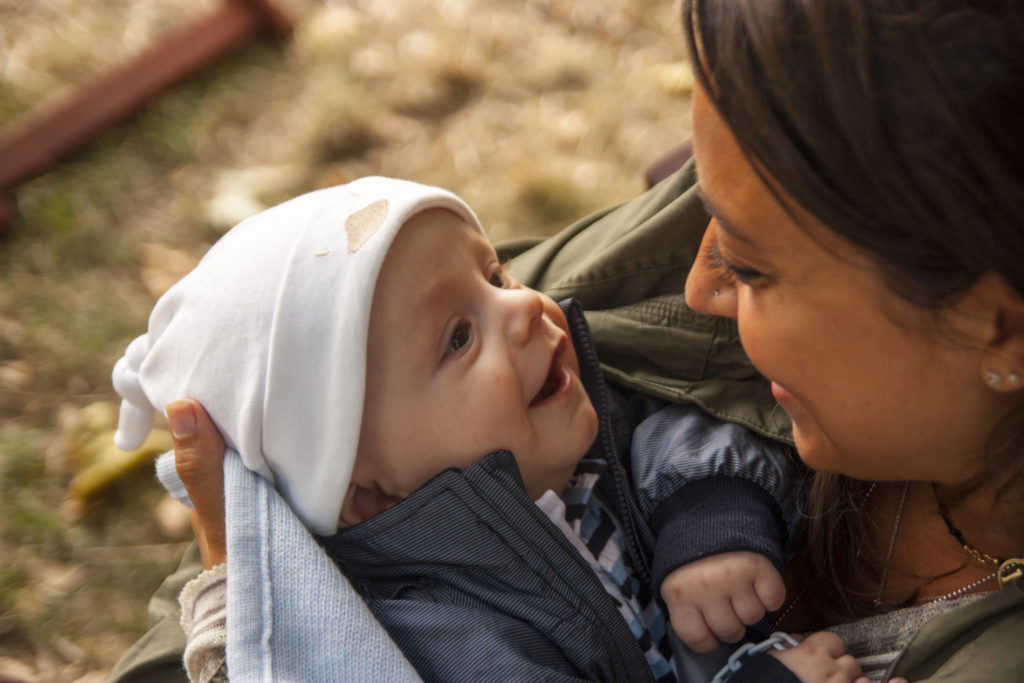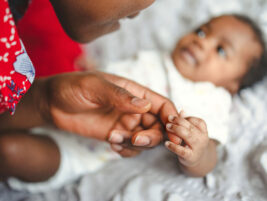Methylation of NR3C1 is related to maternal PTSD, parenting stress and maternal medial prefrontal cortical activity in response to child separation among mothers with histories of violence exposure, by Daniel Scott Schechter, Dominik Andreas Moser, Ariane PaoloniGiacobino, Ludwig Stenz, Marianne Gex-Fabry, Tatjana Aue, Wafae Adouan, María I Cordero, Francesca Suardi, Aurelia Manini, Ana Sancho Rossignol, Gaëlle Merminod, Francois Ansermet, Alexandre Dayer, Sandra Rusconi Serpa, published in Frontiers in Psychology, section Psychology for Clinical Settings.
Summary:
This paper has replicated and extended findings from a study that I led at Columbia in New York, in which we found that mothers who have interpersonal violencerelated posttraumatic stress disorder (PTSD) compared to those without, respond to seeing video-clips in the MRI scanner of their own and unfamiliar children during the stress of separation as compared to play, with less activation of the medial prefrontal cortex (i.e. involved in emotion regulation and dampening the fear response) and greater activation of limbic areas (i.e. involved in fear-response and traumatic memory consolidation). That study supported our hypothesis that routine displays of negative affect and helpless states in infants and young children can act as triggers of maternal PTSD. In the current Geneva study using the same fMRI experimental paradigm but with a larger sample, we additionally found an exciting convergence of traumatized mothers’ subjective sense of parenting stress, maternal-child behavioral dysregulation, epigenetics related to dysregulation of the HPA-axis stress physiology (NR3c1 gene coding for the glucocorticoid receptor), and, again the cortico-limbic dysregulation within the mothers’ brain that mirrors what we see in her behavior and physiology. The findings further support our hypothesis that infants and young children’s emotional communication can trigger mutual dysregulation with a traumatized parent, necessitating specific intervention techniques to help these mothers approach more sensitively what they without help might avoid or, in the worst case scenario, attack.
To view the online publication, please click here:
Authors
Schechter, Daniel S., M.D.
Senior Lecturer in Psychiatry,
University of Geneva Faculty of Medicine,
Switzerland








